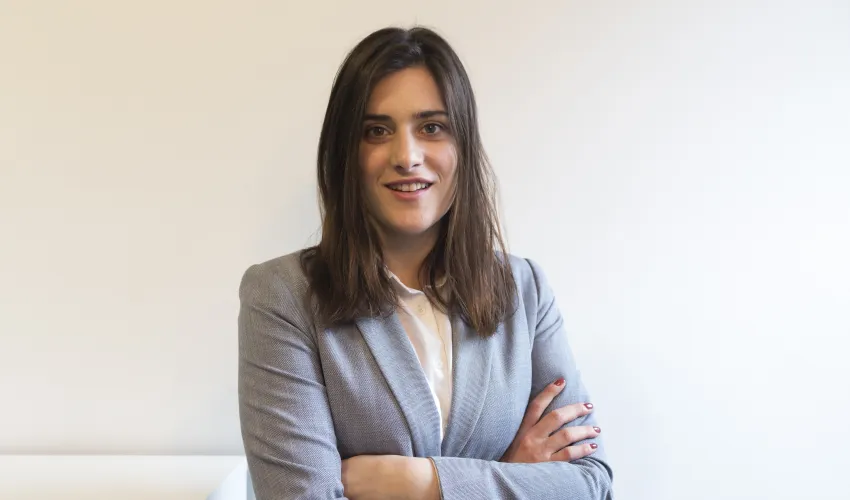
Maria Vittoria Gronchi: Covid19 Has Become My Job
From the window of her apartment in Downtown Brooklyn, Maria Vittoria Gronchi watches New York City teeming with crowds and gets annoyed. In fact, the data on intensive care units in the city's public hospitals flash on the screen of her PC; only in the last few days the numbers of people hospitalized have shown slight signs of improvement. The situation is still critical, although the New York Cut health care sytem is reacting well, but the population does not really seem to understand the risk and the danger."
Coming from Tuscany (Pontedera), with a Double Degree in Economics and Management of Government and International Organizations at Bocconi, Maria Vittoria at 26 years of age is already project manager in the New York City Health and Hospitals Corporation, the association of hospitals and public clinics of the Big Apple, equivalent to Lombardy's Health Territorial Agencies. "I deal with data in general and at this juncture and every day I have the task of recording the number of beds for intensive care, monitoring if and how many are free and whether new wards have opened or been converted to treat Covid-19 patients. This is information that I then pass to the task force of the city administration, which analyzes it and sometimes releases it to the public," she says. "This is an out-of-the-ordinary job for emergency times, which adds to my usual assignment of dealing with the integration of care for patients with mental disorders within clinics. Now this aspect also had to adapt to the situation and we try to provide all services with telemedicine tools".
She speaks like a veteran of the sector, and in fact, despite her young age, Maria Vittoria's resume in US public health is already significant, having worked for the department in the NYC Mayor's Office of Mayor Bill de Blasio, and before that, during her MPA at NY State University, at the NY State Assembly in Albany. "I have always been interested in the management of public administration," admits the executive. "After an internship at the WHO, I focused on health care bearing in mind the all-American way of solving problems. US health care is not always the way it is portrayed. It is true that in many states, there is no public health service and there is no access to treatment without insurance, but this is not the case of New York City. The NYC public health system, in particular, is the largest in the US and treats everyone, from tourists to undocumented migrants, regardless of spending ability and insurance status. It also reacted well in this emergency, although here too there have been delays and difficulties in testing people at risk of having been infected."